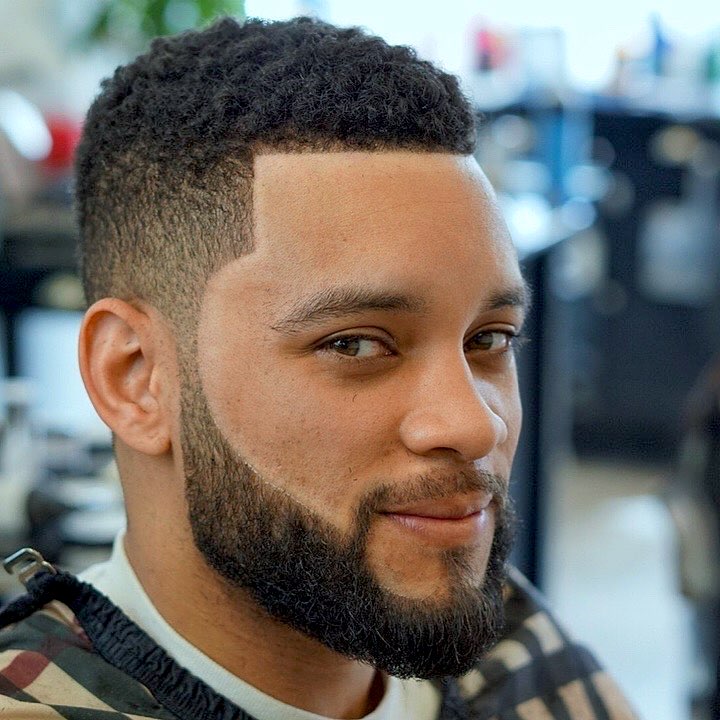Hairdressers as Cultural Stewards Shaping Neighborhood Character and Connection in NYC City
Hairdressers as Cultural Stewards Shaping Neighborhood Character and Connection in NYC City
Blog Article
Barbershops in NYC are not only places to get a haircut; they serve as important cultural hubs that help shape community identity and nurture relationships among locals. These establishments have a long history in city settings, serving as gathering spots where individuals from varied backgrounds come togetherness. In many areas, barbershops are often the initial venue where clients can engage in conversations about community issues, exchange stories, and forge relationships. This unique role makes barbers not only skilled professionals but also community curators who add to the social fabric of their communities.
The atmosphere in a barbershop is often lively and welcoming, creating a space where people feel comfortable sharing themselves. Barbers are known for their skill to engage with clients, often participating in talks that span from athletics to politics. This interaction helps to create a sense of belonging among patrons, as they discuss their stories and viewpoints. In many cases, barbershops reflect the ethnic diversity of the areas they support, showcasing different hairstyles, grooming methods, and even sounds that connect with the local population. This cultural exchange enriches the helpful resources interaction for everyone involved and bolsters community ties.
Barbershops also have a key role in maintaining cultural traditions. Many barbers have been trained in particular techniques that are transmitted through generations, ensuring that unique styles and practices are not lost over time. For example, certain haircuts and grooming methods may be tied to cultural heritage, allowing individuals to express their identity through their appearance. By maintaining these traditions, barbershops help to keep cultural stories alive, providing a feeling of pride and connection for local members.
In furthermore to their cultural importance, barbershops often engage in community outreach and support local initiatives. Many barbers take an active role in addressing social issues, such as learning and health education, by organizing events or offering resources to their clients. This involvement shows a dedication to the health of the neighborhood and fosters a sense of responsibility among barbers. By using their influence to encourage positive development, barbershops become essential players in the local area, further reinforcing their role as cultural curators.
Overall, barbershops in New York City serve as essential spaces for cultural interaction, community development, and identity creation. They provide a unique environment where individuals can connect, share, and honor their varied backgrounds. As community curators, barbers not only shape the way clients show themselves but also affect the broader social dynamics. By recognizing the value of these establishments, we can appreciate the vital role they have in building connections and maintaining cultural heritage in urban settings.